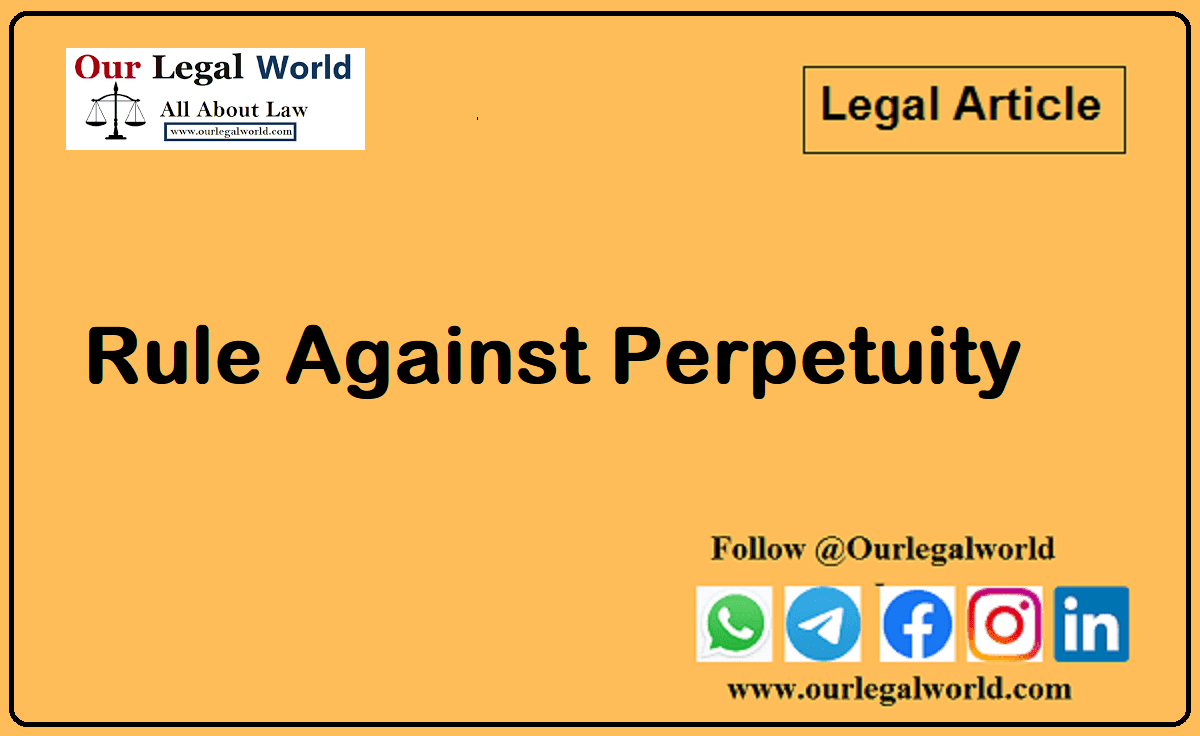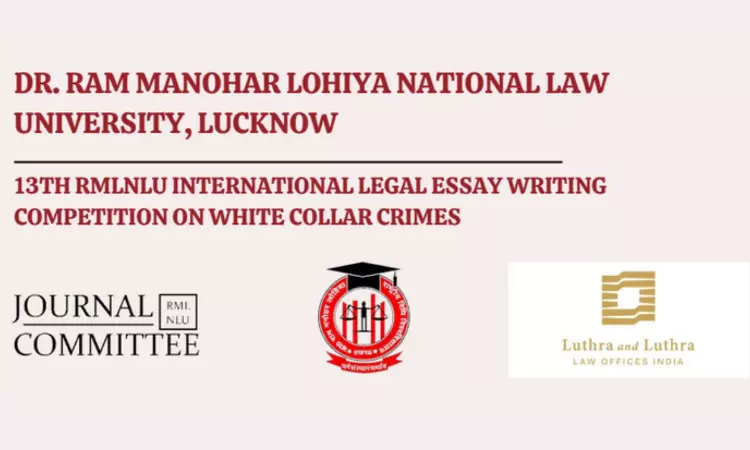Rule Against Perpetuity
Introduction
In the realm of property law, one often encounters a complex and archaic rule known as the “Rule Against Perpetuities.” This rule has deep historical roots and is designed to prevent property from being tied up indefinitely. It aims to strike a balance between the freedom to transfer property and the necessity to prevent excessive control over future generations. In India, this rule is governed by the Transfer of Property Act, 1882. In this legal blog, we will explore the Rule Against Perpetuities under the Transfer of Property Act, shedding light on its key elements and implications.
Understanding the Rule Against Perpetuities
The Rule Against Perpetuities is a doctrine aimed at limiting the duration of “future interests” in property. Future interests refer to any interest in property that is expected to come into effect at a future date, such as contingent remainders and executory interests. The primary objective of this rule is to prevent the creation of interests that could potentially last indefinitely, as it could stifle the marketability of property and restrict its productive use.
Also Read: Transfer of Property Act Case Laws | Judicial Services
Key Elements of the Rule Against Perpetuity:
- The Validity Period: Under the Transfer of Property Act, the Rule Against Perpetuities dictates that no interest is valid unless it must vest, if at all, within the lifetime of the grantor or a person in being at the time of the creation of the interest, along with the period of gestation or minority. This essentially means that any future interest must vest within a reasonable period.
- The “Wait and See” Approach: The Rule Against Perpetuities in India follows the “wait and see” approach, which means that the validity of an interest is not determined at the time of creation but is assessed at the end of the specified period. If the interest does not vest within the defined time frame, it is considered void.
- Saving Clauses: The Transfer of Property Act allows for “saving clauses” to preserve contingent interests. These clauses typically extend the time for vesting or provide for the appointment of a new trustee or property manager.
Exceptions
The provisions of Section 14 Transfer of property Act shall not apply in the following cases-
- Transfer for public benefit – Where property is transferred for the benefit of the people in general, then it is not void under this rule. E.g. for the advancement of knowledge, religion, health, commerce or anything beneficial to mankind.
- Covenants of Redemption – This rule does not offend the covenants of redemption in mortgage. · Personal Agreements – Agreements that do not create any interest in the property are not affected by this rule. This rule applies only to transfers where there is a transfer of interest.
- Pre-emption – In this there is an option of purchasing a land and there’s no question of any kind of interest in the property, so this rule does not apply.
- Perpetual Lease – It is not applicable to the contracts of perpetual renewal of leases. · Mortgages – because there is no creation of future interest.
Implications for Property Transactions
The Rule Against Perpetuities has several implications for property transactions in India:
- Drafting and Conveyancing: It is imperative for lawyers and conveyancers to draft property documents carefully to ensure that future interests comply with the Rule Against Perpetuities. Failure to do so can result in the interests being declared void.
- Certainty and Marketability: The rule enhances the certainty and marketability of property by preventing the creation of long-drawn contingent interests. This, in turn, promotes the efficient use and transfer of property.
- Litigation Risk: Disputes often arise when future interests do not vest within the specified period. Property disputes related to the Rule Against Perpetuities can be complex and lengthy.
In Anand Rao Vinayak Vs Administrator general of Bombay (1896) Bombay High Court in this case declared that when the gift was made of movable property in favour of son with gift of shares in the property to son’s sons son when the attained the age of 21 ,is void.
Conclusion
The Rule Against Perpetuities under the Transfer of Property Act serves a crucial role in Indian property law. It strikes a balance between the freedom to create future interests and the need to prevent property from being tied up indefinitely. Lawyers, property owners, and potential beneficiaries must be well-versed in the rule’s intricacies to ensure the validity and marketability of property transactions. As property laws evolve, it is essential to stay updated on any changes or reinterpretations of this rule to navigate property matters effectively.







![Call for Paper of RMLNLU Law Review [Volume XVI (2025-26)]](https://www.ourlegalworld.com/wp-content/uploads/2025/07/ORIGINAL-CFP.png)
